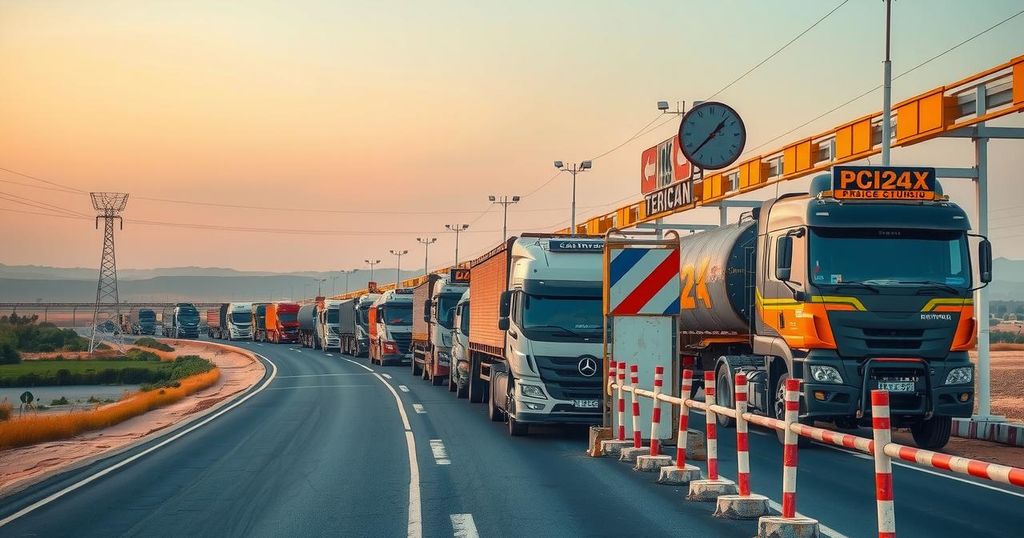Ministry of Revenues Accuses Regional Admins of Complicity in Illegal Checkpoints
- Officials from the Ministry of Revenues accuse regional administrations of running illegal checkpoints.
- Over 237 illegal checkpoints identified, many linked to regional police and militias.
- High tolls at these checkpoints are affecting domestic and international trade significantly.
Concerns Over Illegal Checkpoints and Governance Issues
Ministry of Revenues officials have raised serious concerns about regional administrations setting up illegal security checkpoints throughout Ethiopia, with accusations that these practices are being used to generate revenue and provide employment. Minister Aynalem Nigussie presented this information during an 11-month performance report to the Planning, Budget, and Finance Committee in Parliament. According to Azezew Chanie, the deputy head of the Customs Commission, the office has discovered around 237 illegal checkpoints operating nationally, many reportedly under the direction of local police and militias. This raises significant questions about oversight, governance, and the authority of regional governments, as these checkpoints are leeching money from both domestic and international trade.
Economic Impact and Need for Stronger Enforcement
The presence of these checkpoints is not just troubling; it is causing a ripple effect on trade and the economy. Azezew emphasized that the tolls imposed at these checkpoints are detrimental, driving up costs for consumers and traders alike. It’s estimated that the tolls impact commodity prices significantly, and this financial pressure is not only hindering local commerce but also affecting broader economic stability across the nation. He also highlighted that over the previous 11 months, contraband goods valued at around 19 billion Birr had been confiscated, with more than 1,400 individuals arrested for their involvement in such illegal activities. Yet, gaps in law enforcement persist, and the deputy commissioner urged Parliament to empower the Commission to investigate and take action against violators without delay.
Revenue Collection Amidst Toll Controversy
In terms of revenue generation, there seems to be a silver lining amid these challenges. For the 11-month period analyzed, the Ministry of Revenues successfully collected 815 billion Birr. Notably, domestic taxes comprised over half of this amount, with 436 billion Birr collected. In addition, duties accounted for about 378 billion Birr. However, the tolls imposed by regional authorities have been a point of contention, especially among heavy-duty truck drivers who are frustrated by the multiple charges that can occur across different zones of the same regional state. This situation indicates an urgent need for better regulation and oversight regarding toll collection and operational checkpoints across the country to ensure fair treatment of all transporters and traders.
In summary, the recent accusations from the Ministry of Revenues highlight significant issues of governance and economic impact regarding the illegal checkpoints established by regional administrations. These checkpoints not only contribute to rising prices but also stress the need for better enforcement and regulatory power for the Customs Commission. The Ministry’s impressive revenue collection points toward potential financial stability if these illegal practices can be curtailed.




Post Comment